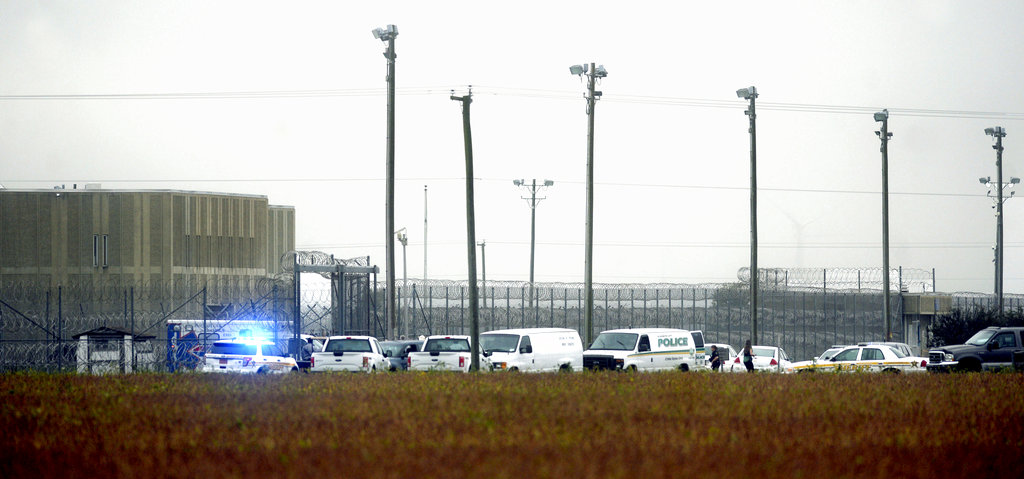Other Voices: Send Guard into prisons?
Published 5:49 pm Thursday, March 1, 2018

- Five prison employees were killed, four during a failed escape Oct. 12, 2017, at the Pasquotank Correctional Institution, which was understaffed. Daily Advance photo
We think of the National Guard as the cavalry or white knights, riding in during times of disaster to aid the helpless, guard the defenseless and restore a sense of order in times of chaos.
We see members of the Guard most during our profoundly saddest times, following hurricanes, during floods, after tornadoes and, worst, when citizens take to the streets in a dangerous power struggle.
But how would you feel about sending the North Carolina National Guard into the state’s prisons to preserve order where there isn’t enough prison guards to do so?
That’s a consideration being offered to Gov. Roy Cooper, encouraged by at least two legislators and others, and one that we are told is on the table with every other possible solution for a significant shortage of prison guards.
You likely recall the tragedies last year when five prison employees were killed, four during a failed escape Oct. 12 at the Pasquotank Correctional Institution.
Those deaths were underscored by the significant vacancies among guards in state prisons.
The News & Observer of Raleigh and Charlotte Observer investigated and found that 16 percent of the positions at state correctional facilities were vacant.
The newspapers’ investigation revealed that, during the deadly uprising at Pasquotank, the vacancy rate was 28 percent and that a lone guard was overseeing 30 inmates in the prison’s sewing plant, where the violence began.
Obviously, this is an emergency situation that requires immediate special aid.
“Understaffing has to be addressed — not in the future, but now,” state Rep. Marcia Morey (D-Durham) told the Observer, which also said she recently met with a representative from Cooper’s office to reinforce that point.
Noelle Talley, a spokeswoman for Cooper, said the governor has told officials to look at “all available options for making prisons safer, and nothing is off the table.”
This is not a problem unique to North Carolina, nor is deploying the National Guard an untried solution. In West Virginia, for instance, Gov. Jim Justice called in the Guard to fill 80 openings in prisons there.
But that should be seen as a stopgap, and Cooper’s all-options approach is the right one.
What the prison system needs is an effective process to identify, recruit, train and retain employees in a job that has significant stress, danger and constant turnover.
Many of us derive our sense of what these jobs must be like from novels, movies and television, but dealing daily and intimately with, in some cases, brutally violent and sociopathic individuals is like working daily in a war zone.
Some leaders have suggested that prisons be outsourced to private security companies, just as some similar jobs are awarded to contractors in war-torn regions where the United States is involved.
But that system, too, has its problems, and we aren’t sure we favor its adoption.
Nevertheless, studying solutions such as that require time to analyze and execute.
We don’t have time.
Experts such as retired prison psychologist John Schwade are encouraging Cooper and the General Assembly to address these issues because, as he said in a letter to Morey, the situation is a “severe threat to public safety.”
There are 12,000 soldiers and airmen in the N.C. National Guard. They work part-time, serving 39 days a year and deployed at the discretion of the governor.
By all means, in a moment of great need, deploy Guard troops to those prisons with the greatest potential for danger.
Just don’t make this a regular rotation.
— Greensboro News & Record


